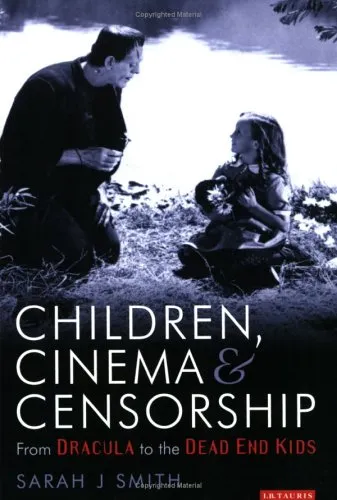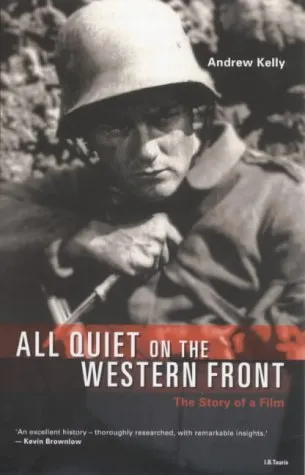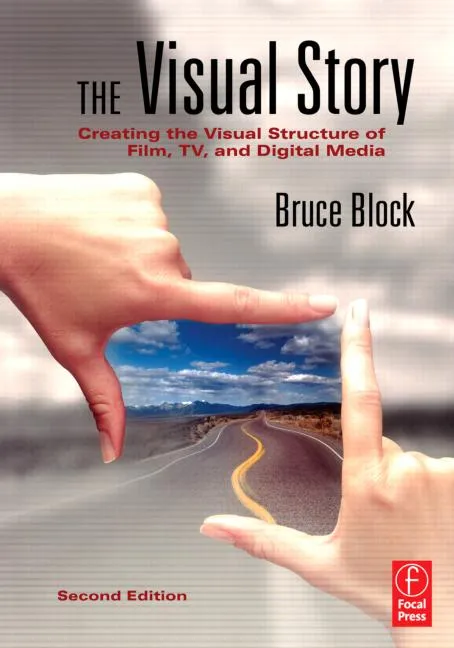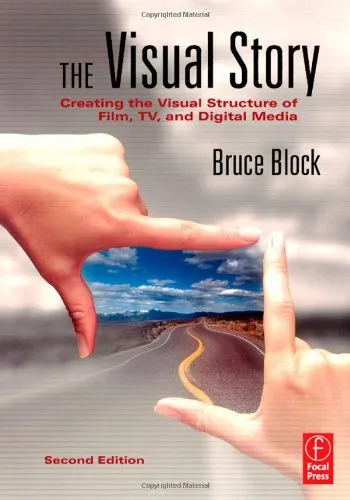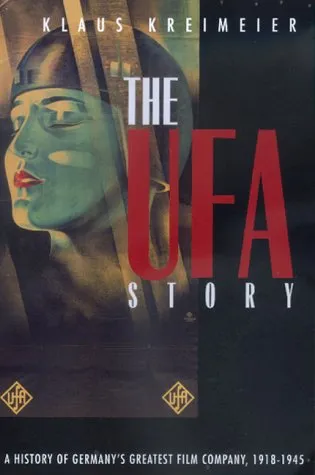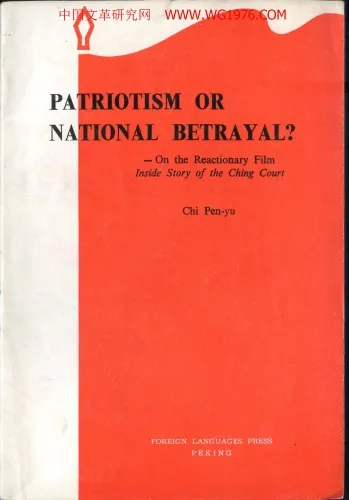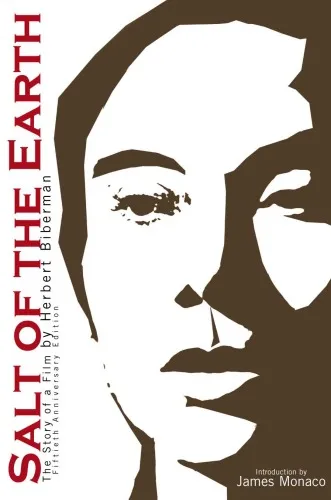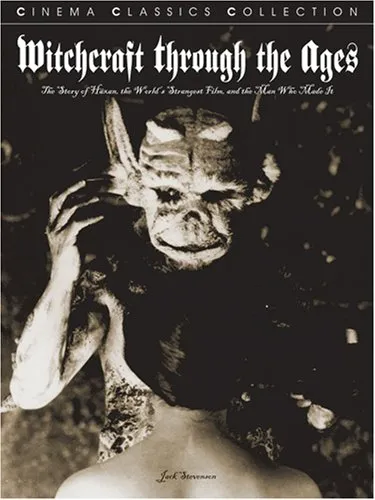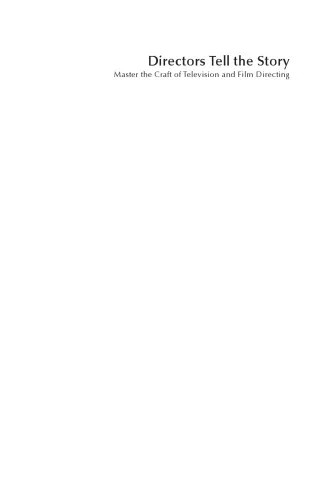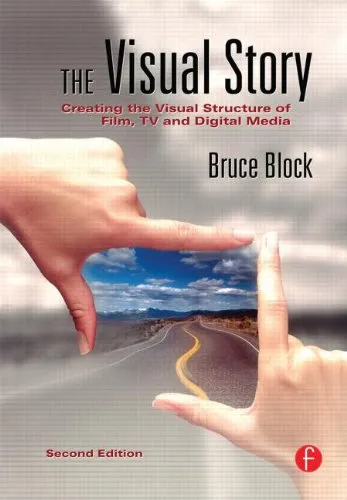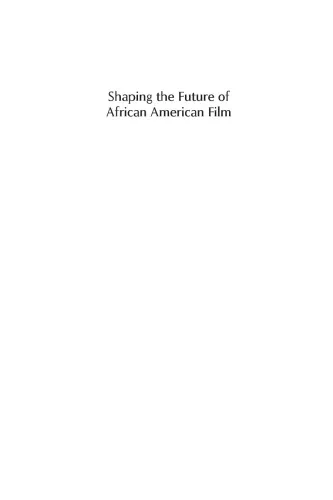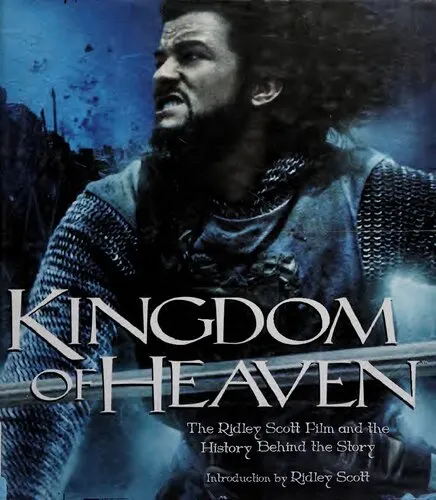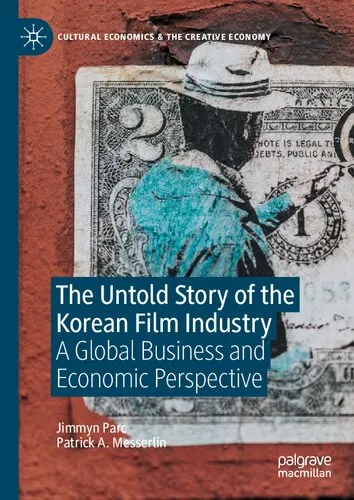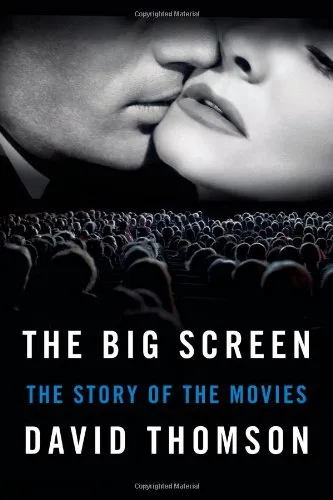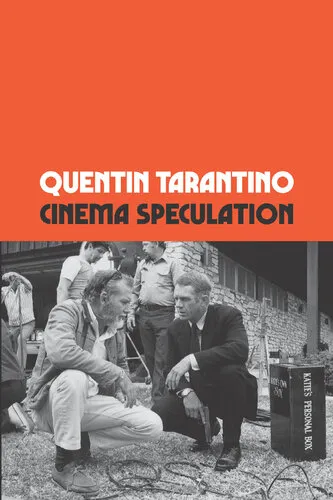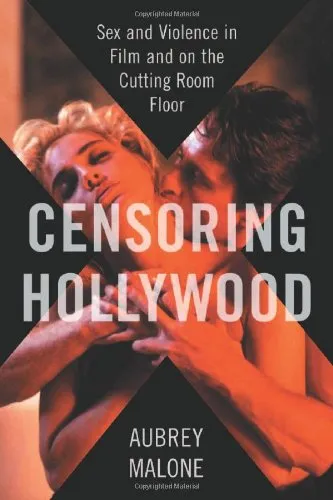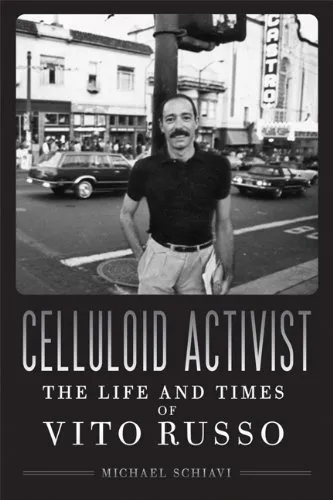Children, Cinema and Censorship: From Dracula to Dead End (Turner Classic Movies British Film Guides)
3.7
Reviews from our users

You Can Ask your questions from this book's AI after Login
Each download or ask from book AI costs 2 points. To earn more free points, please visit the Points Guide Page and complete some valuable actions.Related Refrences:
Welcome to an in-depth exploration of a compelling intersection between youthful curiosity and stringent societal norms through the lens of cinema.
Detailed Summary of the Book
In "Children, Cinema and Censorship: From Dracula to Dead End," the complex dance between children's exposure to the cinematic world and the gatekeepers of societal values unfolds. The journey begins with the advent of cinema itself, tracing its evolution through a cultural and moral minefield.
The book meticulously examines the contentious debate over how cinema shapes young minds, probing the societal fears and moral panics ignited by certain filmic content. From the early portrayals of Dracula as a symbol of the uncanny, to more modern depictions pushing boundaries in titles like 'Dead End', this guide delves into the narratives and controversies that have prompted censors to wield their red pens.
In examining British cinema, the book spotlights key historical moments, regulatory bodies such as the British Board of Film Classification, and the shifting parameters of what is deemed appropriate for the youth. It provides a comprehensive historical narrative, interwoven with the broader cultural anxieties of each era.
Key Takeaways
Throughout its pages, the book offers several key insights:
- The evolution of censorship reflects broader societal changes, particularly in attitudes toward childhood innocence and the impact of media.
- Film serves as both a mirror and a moulder of cultural values, particularly in its portrayal of morality and deviance.
- The role of parents, educators, and regulatory bodies is crucial in mediating the exposure of children to films.
- Censorship debates are deeply intertwined with issues of power, control, and the societal desire to shield youth from perceived harm.
Famous Quotes from the Book
"Cinema provides a canvas on which society's deepest anxieties and aspirations are projected, captured in living colour."
"To censor is to acknowledge the power of an idea; to guide is to trust in the resilience of youth."
Why This Book Matters
This book holds profound significance for educators, film historians, and policy-makers alike. With an increasing variety of media available to children today, understanding the historical and cultural contexts of censorship decisions becomes ever more relevant. The book does more than analyze films; it scrutinizes the societal narratives woven around them, offering insights into the perpetual balancing act between protecting youth and fostering creative freedom.
Its detailed dissection of British cinema's regulatory environment serves as a crucial case study, offering a mirror to other cultural contexts grappling with similar challenges. By tracing these historical trajectories, Sarah Smith invites readers to reconsider persistent myths, assumptions, and the efficacy of censorship itself.
Free Direct Download
You Can Download this book after Login
Accessing books through legal platforms and public libraries not only supports the rights of authors and publishers but also contributes to the sustainability of reading culture. Before downloading, please take a moment to consider these options.
Find this book on other platforms:
WorldCat helps you find books in libraries worldwide.
See ratings, reviews, and discussions on Goodreads.
Find and buy rare or used books on AbeBooks.
1463
بازدید3.7
امتیاز0
نظر98%
رضایتReviews:
3.7
Based on 0 users review
Questions & Answers
Ask questions about this book or help others by answering
No questions yet. Be the first to ask!
